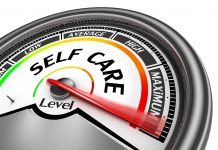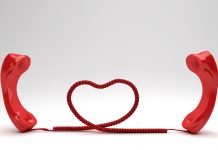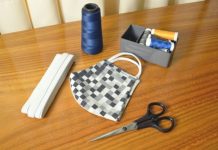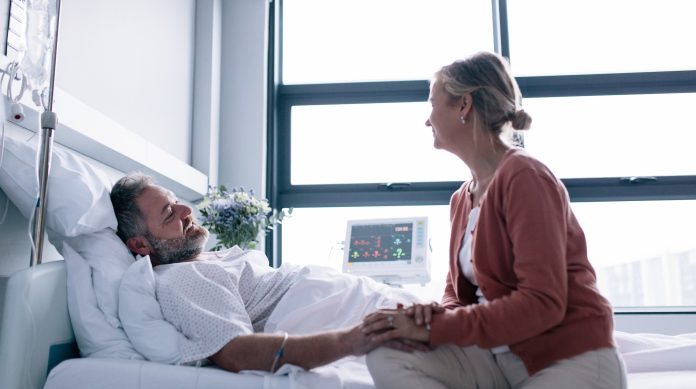Going to the hospital can be fearful, stressful, lonely, boring and even, as in the case of a birth, a cause for celebration. While some patients only stay for a few days, others can be hospitalized for weeks or months.
A recent contact was perfect for my former world as a hospital administrator, because I could see the value to some patients I’ve met. As someone who is now a patient and connects with others who have been hospitalized for months at a time, I think about what I would have wanted to find in The Hospital Box. First, watch the spark that lead to a new idea for making the patient experience better, then see what you think about my top 5 list.
My posts have leaned toward those with functional limitations, so my considerations for what to add to a hospital box – beyond the photos, words of encouragement and a favorite treat (approved in advance by the nurses). Consider that hospitals get concerned about personal items that plug into walls, so try to avoid these or anything that could be offensive to patients with sensitivities – such as, strong perfumes and noise makers.
My top 5 items to include – and why – are listed below.
- Lavender (or other) Essential Oil – Some hospitals just have smells. In addition, while you are laying in bed, there are only so many things you can do – especially if holding your arms up is a challenge. A drop of a favorite smell on a cotton ball, or even periodic sniffs from the bottle, are distracting and soothing.
- Chamomile (or other) Herbal Teas – Like essential oils, the smell and warmth of a cup of herbal tea is relaxing. Unfortunately, there are no guarantees that the hospital will have your patient’s favorite soothing tea. My family favorites are Sleepytime, Honey Vanilla Chamomile, Honey Lavender Stress Relief and Bedtime. If you prefer loose teas, try Good Earth Tea‘s Organic Emerald Green or their other premium teas.
- A New Toothbrush – If the person you are visiting had a chance to pack a bag, or have a spouse “bring a few things”, they probably grabbed the toothbrush next to the sink. But some patients experience weakness in their arms and hands and brushing can be a challenge. The MouthWatchers travel toothbrush is easy to grasp and store. The silver flossing bristles help make the brushing processes more effective, and they are antimicrobial.
- Soft Socks and/or Gloves – Hospitals can get cold especially for immobile patients. Add a pair of compression socks for those with poor circulation. My personal favorite are the aloe infused socks and gloves from Earth Therapeutics; that are comfortable for even those with neuropathic pain.
- Sleep Mask – Hospital lights are on 24/7, and diming only does so much for patients needing sleep. Consider adding a comfortable sleep mask to cut down on annoying light.
- Audiobooks – If your patient is facing a long recovery process, consider a subscription to Audible, or another audiobook service, delivered via app. Some public libraries even offer free audio books via an app. If this sounds like a perfect gift, don’t forget to make sure your patient has a set of working earbuds.





























